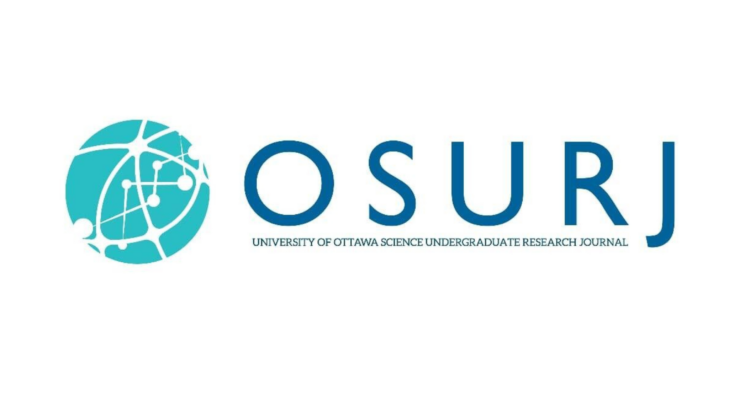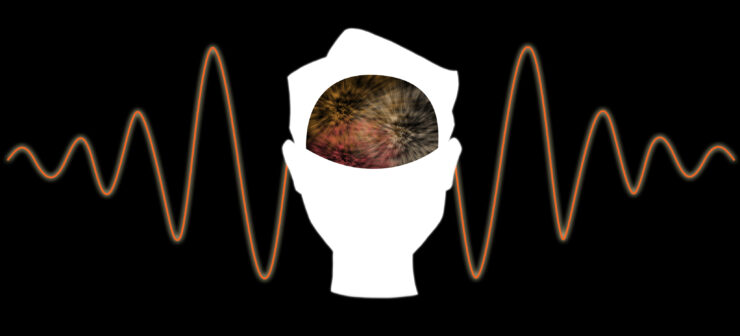Researchers find stem cells play role in recovery for stroke patients
A study conducted at the University of Ottawa finds stem cells become neurons in the stroke-injured brain, possibly aiding in recovery.
On Nov. 8, University of Ottawa researchers from the Faculty of Medicine’s department of cellular and molecular medicine published a paper titled Excitable Adult-Generated GABAergic Neurons Acquire Functional Innervation in the Cortex after Stroke.
The study, led by medicine professor Timal Kannangara, found that stem cells are able to become new neurons at the site of stroke damage.
However, the study states “it remains unclear whether stroke can generate new neurons capable of functional integration into the injured cortex.”
The research team used surgical procedures on adult-mice in order to explore their results, relating them back to adult-human neurological processes.
From there the team focused on GABAergic neurons that produce a neurotransmitter, GABA, that communicates with other neurons to control the function of cortical networks in the brain.
The study observed the accumulation of ischemic stroke-induced neurons, which would have the ability to express GABAergic traits, and potentially help patients recover from post-stroke shock. The GABAergic neurons integrate new neural networks and functional action potential pathways, helping the brain’s cortical regions heal.
The goal of the research is to treat patients suffering from a type of stroke involving the blockage of an artery to the brain, which shuts off electrical signals called ‘action potentials’ and nutrient and blood transportation, eventually halting brain function.
Each side of the human body is controlled by the opposite side of the brain. When damage to one side of the brain is severe enough, the other side of the body subsequently experiences difficulty, whether in movement, vision or speech, due to the death of brain tissue.
Similarly, ischemic stroke can prove fatal if not detected and treated within minutes. Depending on what area of the brain is affected, it can cause an array of behavioural distresses.
Despite this study, it remains unclear whether the experience of stroke can cause the production of new neurons in the brain’s cortical regions for humans.
It was observed that immature neurons did accumulate in the mice. The scientists said, however, how the presence of such neurons “are either absent or below detection levels.”





